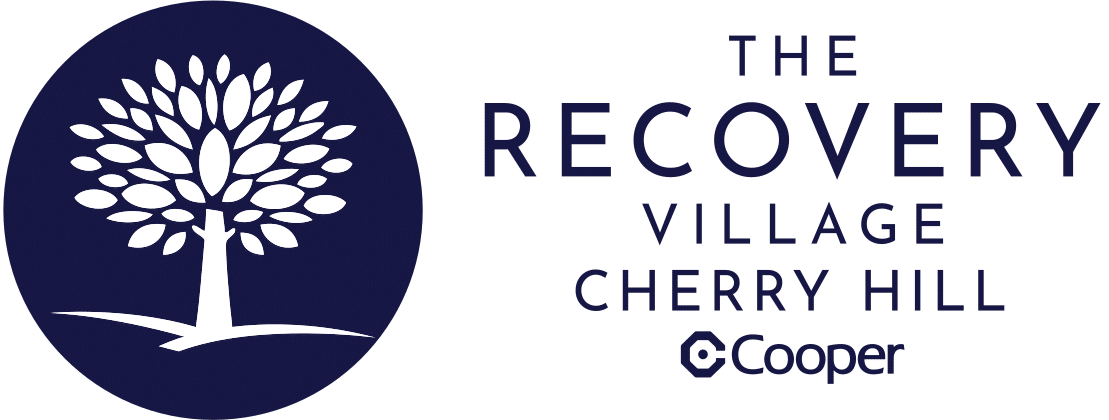COVID Influences Substance Abuse in New Jersey: A 2020 Review

By The Recovery Village
Medical Reviewer Don Rogers, CADC, CPRS | Editor Jonathan Strum
Last Updated: November 3, 2023
Editorial Policy | Research Policy
The year has been a turbulent one for many due to the ongoing COVID-19 pandemic. Populous states like New Jersey found themselves especially hard-hit by coronavirus outbreaks, leading to added stress, isolation, financial worries and poor mental health.
Combined, these problems have worsened drug addiction rates throughout the country. New Jersey is no exception, as experts have reported a direct relationship between the pandemic and rising substance use rates in the state.
How the Pandemic Impacted Drug Addiction Rates
The pandemic created a two-pronged issue: people who struggle with addiction or are in recovery are losing access to life-saving resources, and people with mental health issues are turning to drugs or alcohol to cope. Though some local organizations have expanded treatment and harm-prevention measures, others have struggled with budget cuts and difficulties with telehealth expansions. The result: overdose deaths rose 17% from July 2019 to July 2020 in New Jersey, compared to 13% nationwide.
People in recovery are also struggling, as illustrated by the tragic story of a Florida nurse who relapsed and died from an overdose. Many people in recovery rely on the routine of 12-step support group meetings to maintain long-term sobriety. Social distancing guidelines and the transition toward virtual gatherings mean members cannot receive the same in-person support. While it works well for many, some individuals find virtual meetings to be ineffective.
Additionally, a survey from The Recovery Village found that more people are experiencing mental health symptoms and increased substance use due to the pandemic. Of mental health professionals surveyed, 53% percent said client substance use increased, and 81% said clients had increased mental health symptoms. Whether someone has an active addiction or not, the pandemic is creating substance-related risks.
Other Factors at Play
Many different pandemic-related factors are contributing to declining mental health, rising substance use and relapse. The coronavirus itself is a source of fear, as people worry about themselves or their loved ones contracting it. Unemployment rates have also increased, creating financial stress and extra free time where people may turn to substances out of boredom. In New Jersey, unemployment rates increased by 10.5% from July 2019 to July 2020.
Others are struggling with mental health due to isolation, uncertainty and general stress. The tense political landscape and social unrest have weighed heavily on the minds of many, causing further stress and uncertainty. These can all be triggers for relapse, and poor mental health can lead to substance use as a coping mechanism.
Will the Trend Continue?
If the pandemic is not addressed effectively, the upward trend in substance abuse and mental health symptoms could continue into 2021. Fortunately, state and federal organizations are taking steps to increase funding for addiction resources and improve accessibility. New Jersey Governor Phil Murphy’s 2021 budget proposal would invest $10 million more into addiction recovery services, and the state’s Department of Human Resources plans to give out free naloxone to help prevent opioid overdose.
The recent stimulus decision includes continued unemployment benefits and rental assistance, which may help reduce the financial stress that many face. The recent release of the COVID-19 vaccine may also provide hope for people in 2021.
Conclusion
Though it’s been a difficult year, there are plenty of signs that things may soon improve. However, it will likely still be a while before society returns to how it was before the pandemic. In the meantime, it’s important to be aware of the recovery resources and mental health care options available to you.
The Recovery Village Cherry Hill at Cooper offers telehealth services that provide access to treatment for addiction and co-occurring mental health conditions in the comfort of your home. Additionally, our in-person programs offer a full continuum of care delivered by a multidisciplinary team of addiction professionals. Contact us today to learn more about treatment plans and programs that can work well for your needs.
Sources
Stainton, Lilo. “Overdose deaths in NJ may hit record high.” NJ Spotlight News, September 15, 2020. Accessed December 21, 2020.
Borter, Gabriella. “A nurse struggled with COVID-19 trauma. […]und dead in his car.” Reuters, May 20, 2020. Accessed December 21, 2020.
Raju, Manu; Foran, Clare. “Hill leaders reach $900 billion Covid re[…]g partisan disputes.” CNN, December 21, 2020. Accessed December 21, 2020.
Centers for Disease Control and Prevention. “8 Things to Know about the U.S. COVID-19[…]Vaccination Program.” December 20, 2020. Accessed December 21, 2020.

 Insurance
Insurance About Us
About Us Our Facility
Our Facility Admissions
Admissions Programs
Programs Medical Detox
Medical Detox Inpatient Rehab
Inpatient Rehab Aftercare & Recovery
Aftercare & Recovery
